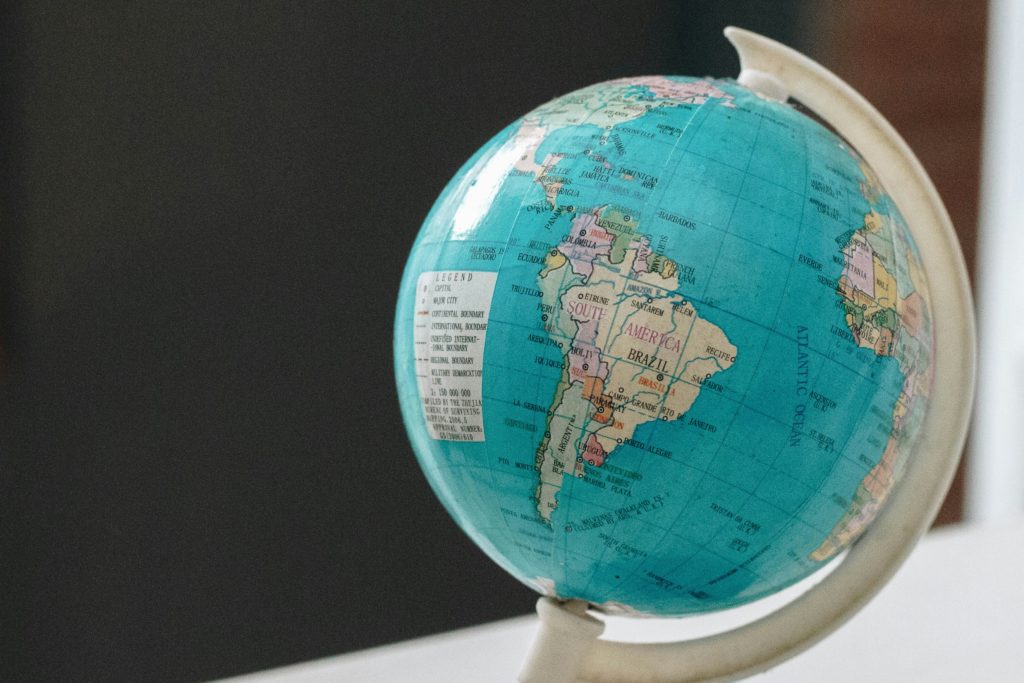
Currently, a variety of entities and organizations are engaged in different ways in preventing money laundering and the financing of terrorism. One notable category among these entities is the FATF-style regional bodies — FSRBs. Currently, there are nine FSRBs globally, such as MONEYVAL, all of which are part of the global network of supervisors under the FATF. One such FSRB, responsible for part of the Americas, is the Financial Action Task Force of Latin America.
It was founded on December 8, 2000, in Colombia, through the signing of the Memorandum of Understanding that established the organization. This memorandum was endorsed by nine countries: Argentina, Bolivia, Brazil, Chile, Colombia, Ecuador, Paraguay, Peru, and Uruguay. Over time, nine additional countries have joined GAFILAT, namely: Costa Rica, Cuba, El Salvador, Guatemala, Honduras, Mexico, Nicaragua, Panama, and the Dominican Republic.
Although it currently operates under the name GAFILAT, this designation was not adopted until December 2014. The name change was discussed during the Plenary held in Antigua, Guatemala. Prior to this, the organization was known as the Financial Action Task Force of South America — GAFISUD.
GAFILAT was established to prevent money laundering, the financing of terrorism, and the proliferation of weapons of mass destruction. Its fight against these threats is carried out through the improvement and monitoring of national policies of member countries, as well as through cooperation among member and observer countries.
As with other FATF-style regional bodies, the core work of GAFILAT is reflected in mutual evaluations conducted by its members. Mutual Evaluations involve analyzing the systems and processes established by countries to prevent money laundering and terrorist financing. These evaluations measure compliance with the 40 FATF recommendations, as well as the various risks a country may face.
One of the main features of Mutual Evaluations is that they are led and conducted by the member countries of GAFILAT. For example, the Mutual Evaluation Report for the Republic of El Salvador in 2024 was prepared by a team of experts from Uruguay, Nicaragua, and Guatemala, with no active involvement from the country being evaluated in drafting the report.
Another key area of GAFILAT’s work is cooperation with states or entities that support and promote the objectives of the FSRB. These collaborators are referred to as observer members of GAFILAT. One such member is Spain, which provides technical assistance to member countries through training courses. Additionally, the German organization Deutsche Gesellschaft für Internationale Zusammenarbeit — German Agency for International Cooperation — supplies GAFILAT with technical tools as well as training and development activities.
I am an obliged entity and looking for an AML tool.
Great! You’ve come to the right place at the right time. Request a demo with the Pibisi team and tell us what you need with no obligation.
I’m not sure if I’m an Obliged Entity…
No problem, it’s a very common question. Take our simple questionnaire and find out NOW.
If you want to stay updated with new articles, subscribe to our newsletter if you haven’t done so already.
And if you’d like to suggest a topic you’d like us to write an article about, or you simply want to get in touch with us, you can do so via our contact form.

